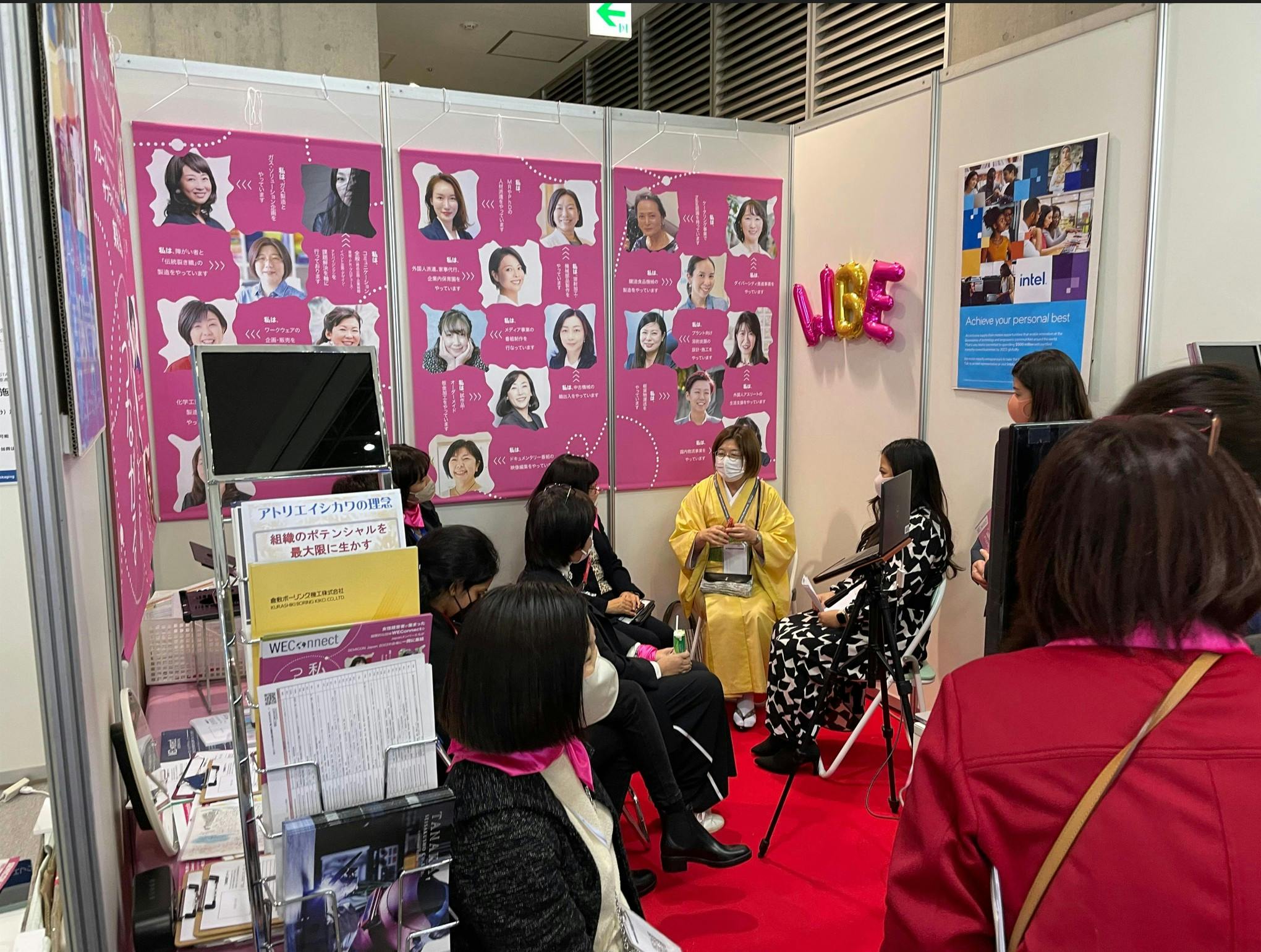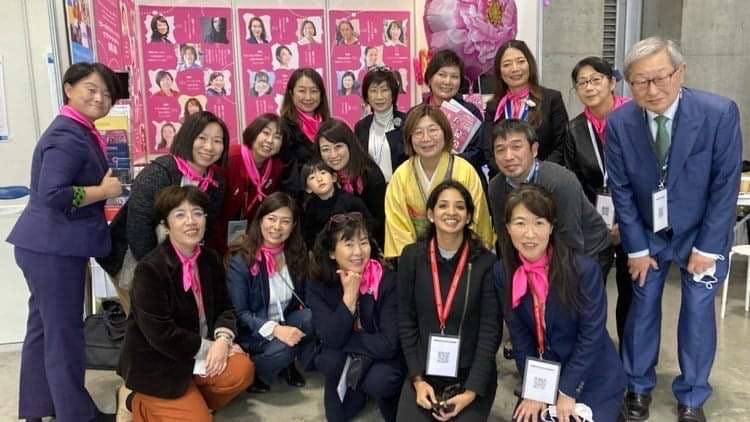en

In the quiet city of Morioka, Japan, Etsu Ishigashira discovered her future in a high school classroom. It was 2009, and she was visiting a special needs school as part of a company study tour when she encountered sakiori—a centuries-old Japanese weaving technique that repurposes discarded cloth into richly textured fabric. Intrigued by its artistry and heritage, she saw more than just fabric: she saw a future for the tradition, and for the students creating it.
“I thought, ‘It would be a waste to let this technique fade away,’” Ishigashira recalls. That conviction spurred her to launch a small sakiori operation in 2010 with support from a municipal job creation grant. From the beginning, the project aimed to preserve cultural heritage while creating meaningful employment for individuals with disabilities.
But in 2011, the Great East Japan Earthquake changed everything. With the future of the business in jeopardy, Ishigashira took a bold step. She founded Saccora Japan Inc., naming the company after the chant “Saccora Choiwayasse” from the region’s traditional Sansa Odori dance—a phrase that means, “If you call happiness, it will come.”
Beyond Art: Building an Impact Business
Saccora Japan is now a recognized Type-B Continuous Employment Support Office, providing work opportunities for people with disabilities who face barriers to traditional employment. At the same time, it stands at the intersection of tradition, social welfare, and sustainability.
Sakiori’s beauty lies not only in its visual richness but in its environmental impact. The process revives old fabric (often surplus from corporations) and turns it into accessories, interior goods, and fashion items. In doing so, Saccora Japan offers a compelling solution for reducing industrial textile waste while preserving a craft few outside Japan have ever seen.
“Our business model is truly one of a kind,” says Ishigashira. “It simultaneously achieves three key objectives: the preservation of traditional craftsmanship, employment opportunities for people with disabilities, and reduction of industrial textile waste.”
A Door Opens to the World
That distinct model has caught the attention of buyers around the world. After earning WEConnect International certification, Saccora Japan gained visibility with multinational companies like Accenture, EY Japan, Ricoh, and others. In 2022, the company participated in the SemiJapan exhibition at the WEConnect International booth, engaging in direct business matchmaking with major global brands.
For Ishigashira, certification was more than a credential; it was a turning point. “In order to share the power of sakiori and the talents of people with disabilities with the world, obtaining certification was essential,” she explains.
The impact has been tangible. With increased orders and exposure, Saccora Japan has grown to collaborate with fashion labels and supply merchandise for major music festivals. More importantly, it has expanded opportunities for its employees, both within the company and across its network of disability support partners.
Advice for Other Women Business Owners
“Even as a small business, obtaining WBE certification has opened doors for us to engage in business with global companies and build credibility in the marketplace,” Ishigashira says. “WEConnect International has been an invaluable platform for our growth, offering access to a variety of training programs and business matching opportunities that have helped us scale and strengthen our enterprise.”
From a classroom in Morioka to boardrooms around the world, Ishigashira’s journey is proof that preserving the past can create opportunity for the future, when paired with vision, resilience, and the power of global connections.
Learn more about Saccora Japan: https://saccora-japan.com/en

